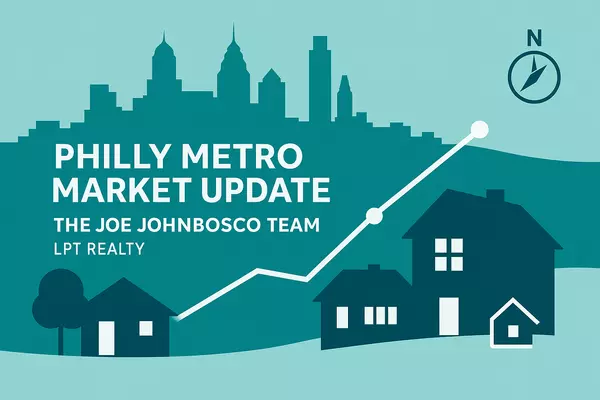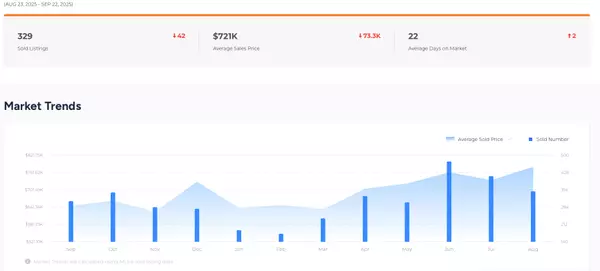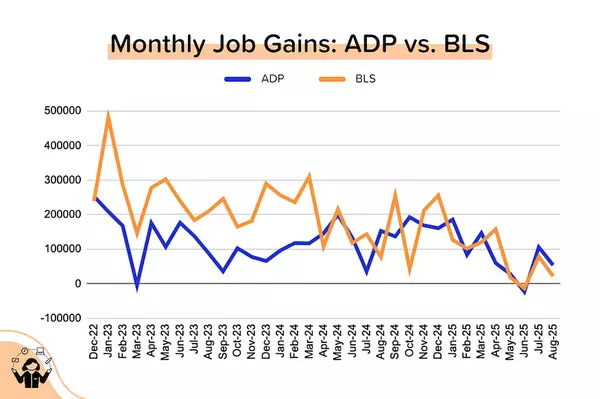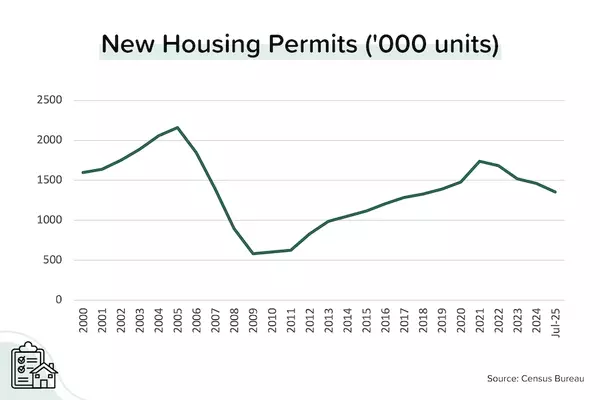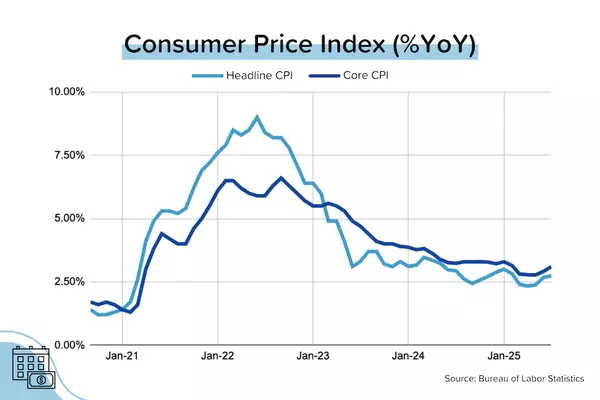Your Rights as a Consumer During the Mortgage Process


Understanding RESPA, Escrow Disclosures, and Settlement Transparency
Purchasing a home is one of the most significant financial decisions you’ll ever make. As a consumer, it's critical to understand that you are protected by several federal laws designed to ensure transparency, fairness, and the ability to make informed decisions throughout the mortgage process. Chief among these is the Real Estate Settlement Procedures Act (RESPA).
What is RESPA?
The Real Estate Settlement Procedures Act (RESPA) was enacted by Congress in 1974 to protect homebuyers by ensuring they receive timely and accurate disclosures about the real costs of the real estate transaction. It also prohibits certain abusive practices such as kickbacks and referral fees that can unnecessarily increase settlement costs.
Key Consumer Protections Under RESPA:
1. Good Faith Estimate (GFE)
Once you apply for a loan, your lender is required to provide you with a Loan Estimate (previously known as a GFE) within three business days. This form outlines your estimated interest rate, monthly payment, and total closing costs.
➡ Why it matters:
Keep this document handy! You can (and should) compare it with the final Closing Disclosure to understand any changes in fees or costs before settlement.
🧠 Pro Tip for Analytical Buyers (DISC: Compliance): Use the GFE to budget accurately and question any significant changes before signing closing papers.
Resource: https://www.consumerfinance.gov/owning-a-home/loan-estimate/
2. Servicing Disclosure Statement
Within three business days of your application, your lender must tell you whether they intend to service your loan or transfer it to another servicer. This disclosure ensures you are aware of who will be handling your mortgage payments.
💡 For the Detailed Planner (DISC: Steadiness): Knowing who manages your loan upfront allows you to set expectations and organize your payment system accordingly.
3. Affiliated Business Arrangements (ABAs)
If your agent, lender, or any party in the transaction refers you to another business with whom they have a financial relationship (like a title company), they must disclose this connection. Under RESPA, you are not required to use affiliated providers and have the freedom to shop for services like title insurance, escrow, and inspections.
🛍 For the Savvy Shopper (DISC: Influence): Don’t be afraid to compare costs and choose providers that best fit your comfort and budget.
4. HUD-1 Settlement Statement (For Certain Transactions)
In transactions not covered by the new TRID rules (primarily reverse mortgages or HELOCs), you are entitled to receive a HUD-1 Settlement Statement at least one business day before closing. This document itemizes all final costs associated with your purchase.
📄 For the Decision-Maker (DISC: Dominance): Reviewing this form in advance gives you the upper hand during negotiations or final walkthroughs.
Reference: https://www.hud.gov/program_offices/housing/rmra/res/settlement
Escrow Accounts: How They Work & What You Should Know
If your lender requires an escrow account (sometimes called an impound account), it will be used to collect property tax and homeowners insurance payments on your behalf.
Initial Setup:
At closing, you may need to deposit an initial amount to fund the escrow, and going forward, part of your monthly mortgage payment will continue to fund the account.
Cushion Rule:
RESPA limits lenders to collecting a maximum cushion of two months’ worth of escrow payments to ensure sufficient funds.
Annual Escrow Statement:
Once a year, your lender must provide an Escrow Account Disclosure Statement, which details:
-
Payments into the account
-
Disbursements made on your behalf
-
Any required adjustments to your monthly payment based on tax or insurance changes
📊 For Everyone (All DISC types): Reviewing this helps you plan ahead for rising costs and maintain control over your finances.
More Info: https://www.consumerfinance.gov/ask-cfpb/what-is-an-escrow-account-en-134/
RESPA: Additional Consumer Protections
Beyond disclosures, RESPA also prohibits:
-
Kickbacks for referrals
-
Mark-ups of third-party service charges
-
Requiring the use of a specific title insurer without your freedom to shop around
These regulations are enforced by the Consumer Financial Protection Bureau (CFPB).
📞 Need Help? For further information or assistance, visit
➡ National Association of REALTORS: https://www.realtor.org
➡ CFPB: https://www.consumerfinance.gov
Or call (800) 217-6970 for a local housing counseling referral.
Final Thoughts
Knowing your rights under RESPA helps you move through the home buying process with confidence, clarity, and protection. Whether you're a first-time buyer or a seasoned investor, staying informed is the best way to safeguard your interests at the closing table and beyond.
Categories
Recent Posts
